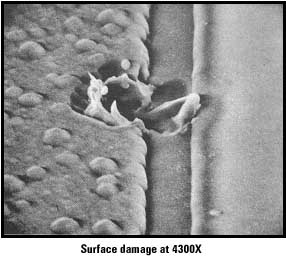I receive a new case, mobo, psu, cpu, gpu, ram and hard drive from ocUK on tuesday. I was going to get someone to fit it for me, but now that I've watched a few youtube vids, I think I'm going to have a go and try fitting the motherboard and cpu myself. I have a better understanding now about standoffs, screws and IO plate, that it seems easier than I thought. My initial worry is grounding myself. I've often tinkered inside my computer and never had a shock, but is it more dangerous regarding static when fitting brand new hardware, particularly as I've never fitted a motherboard? Videos tell me to wear a special wristband and attach a wired clip to the case. Is that really necessary or is there a simpler way to avoid shocks? 
Also, I know about some connectors that go to the motherboard, but I'm wondering if there will be some I don't have a clue about, or is it likely to all be clearly labelled on connectors and motherboard?
Shall I fit cpu and ram before mobo goes into case, after, or doesn't matter?
Many thanks.

Also, I know about some connectors that go to the motherboard, but I'm wondering if there will be some I don't have a clue about, or is it likely to all be clearly labelled on connectors and motherboard?
Shall I fit cpu and ram before mobo goes into case, after, or doesn't matter?
Many thanks.
Last edited:




